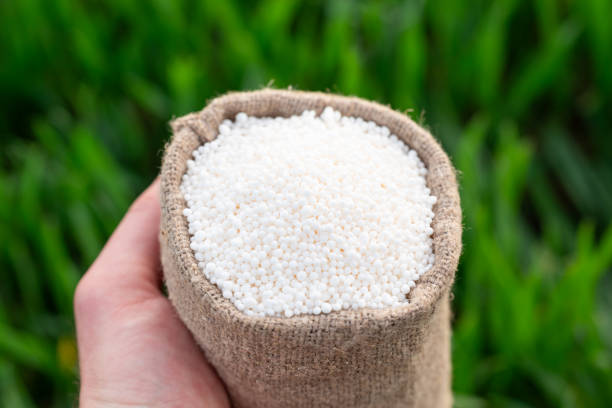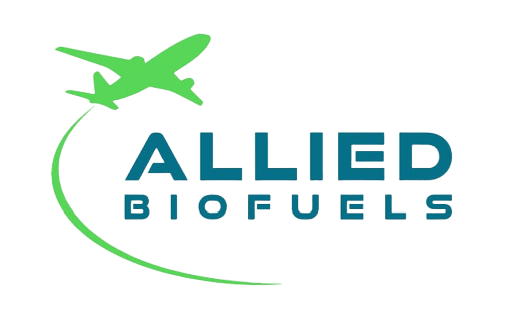Feeding the World. Sustaining the Planet.
Low-carbon fertilizer for resilient, climate-smart agriculture.
At Allied Biofuels, we’re producing renewable urea that empowers farmers, strengthens local food systems, and cuts emissions—helping agriculture grow greener from the ground up.
Project Overview: Allied Biofuels Uzbekistan
Allied Biofuels is building Central Asia’s first integrated biorefinery and solar energy complex in Uzbekistan—producing Sustainable Aviation Fuel (SAF), Green Diesel, and Low-Carbon Urea. Engineered with advanced technologies and circular feedstocks, our project delivers cleaner fuels, boosts regional food security, and drives climate-smart growth—positioning Uzbekistan as a dynamic new player in the global green economy.
Why Renewable Urea Matters? The Smart Fertilizer for a Growing, Greener Planet
As global agriculture strives to feed a growing population, synthetic fertilizers remain essential. But conventional urea production is carbon-intensive, accounting for nearly 2% of global CO₂ emissions. Transitioning to renewable urea offers a smarter path forward—sustaining yields while dramatically cutting emissions.
At Allied Biofuels, our renewable urea fertilizer is produced as an integrated co-product of our advanced biorefinery. This approach supports climate-smart farming, improves soil health, and strengthens food security without the heavy carbon footprint of fossil-derived fertilizers.

Fueling Tomorrow, Sustainably.
The Allied Advantage:
A Next-Generation Biorefinery
At Allied Biofuels, we’re developing Central Asia’s first integrated biorefinery in Uzbekistan, where we produce renewable urea fertilizer as a vital co-product. By harnessing advanced technologies, we convert locally grown energy crops and agricultural residues into a low-carbon fertilizer that enriches soils, supports sustainable farming practices, and reduces the significant emissions footprint of conventional urea.
Key Differentiators
Feeding the World Without Feeding Climate Change
At Allied Biofuels, these advantages make our renewable urea far more than a fertilizer—it’s a catalyst for low-carbon growth, resilient farming, and a healthier planet. By uniting innovation with local impact, we’re setting a new standard for sustainable agriculture.
Local Resources. Global Standards. Lasting Impact.
Our Sustainable Advantage
Low-Carbon Production
Our renewable urea leverages hydrogen from bio-based feedstocks and renewable power, slashing lifecycle emissions compared to traditional natural gas-derived urea.
Integrated Biorefinery Synergies
Produced alongside SAF and Renewable Diesel, our urea benefits from shared feedstock, energy, and utilities—optimizing resources and reducing overall environmental impact.
Boosts Regional Agriculture
By partnering with local farmers for feedstock and supplying nutrient-rich fertilizers back to the soil, we close the agricultural loop and enhance long-term soil vitality.
Supports Climate & Food Security Goals
Our renewable urea directly aligns with global climate frameworks (Paris Agreement, SDGs) and national strategies for sustainable agriculture and resilient food systems.
Fueling Tomorrow, Sustainably.
Beyond Fertilizer:
A Catalyst for Change
Our Renewable Urea Fertilizer isn’t just a product—it’s a platform for regional economic growth, climate action, and a sustainable agricultural future. By integrating low-carbon fertilizer production within our multi-product refinery, we help: Stabilize fertilizer costs through local production, Reduce dependence on volatile fossil-based imports, Build resilience in food supply chains, and Cut greenhouse gas emissions at the farm level.
-
Nutrient-Rich & Consistent
Formulated to deliver reliable nitrogen content for optimal crop growth, comparable to traditional urea but with a dramatically lower carbon footprint. -
Circular Economy Design
By utilizing agricultural residues and returning nutrients to local soils, we create a regenerative system that minimizes waste and land degradation. -
ESG-Aligned & Traceable
Every ton of our renewable urea contributes to decarbonization metrics, helping farmers and agri-businesses meet ESG targets and strengthen their sustainability credentials.
